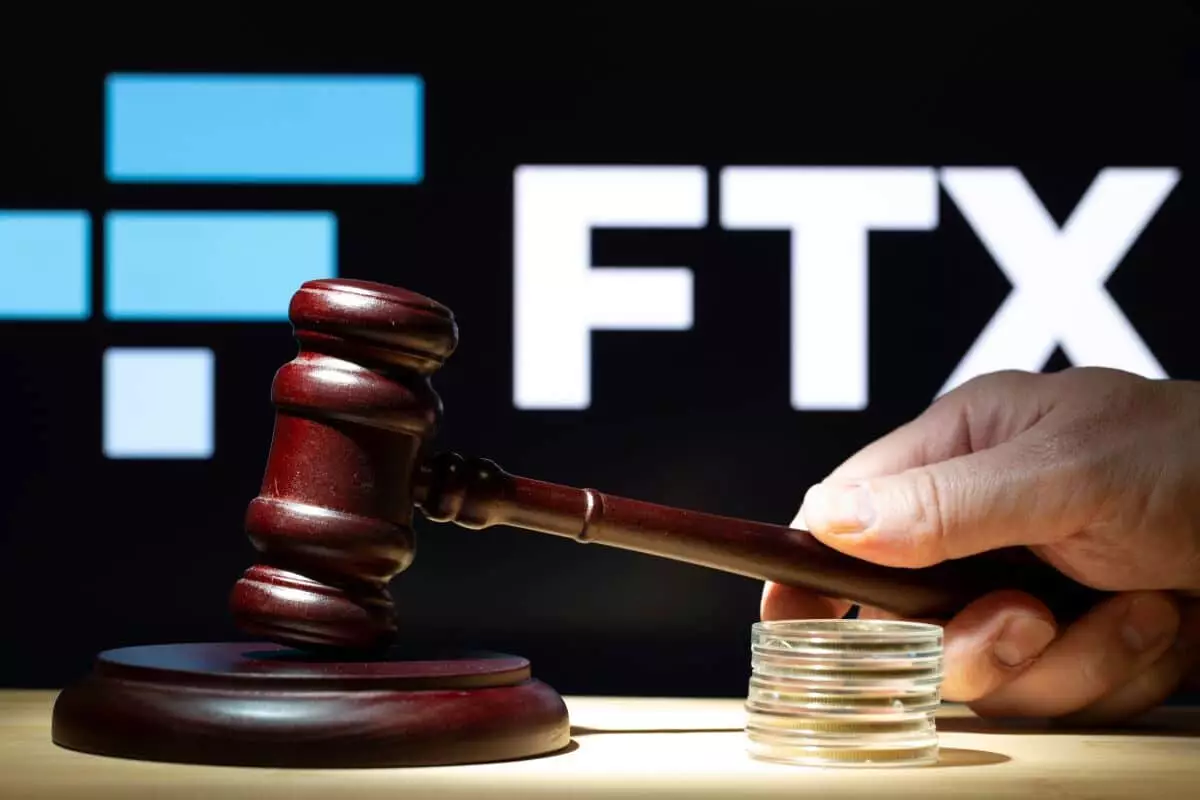With the founder of FTX, Sam Bankman-Fried, facing the possibility of a long prison sentence, there is growing concern about the fate of his former colleagues and co-defendants. Nishad Singh, FTX’s director of engineering, Gary Wang, the exchange’s chief technical officer, and Caroline Ellison, former CEO of FTX sister trading firm Alameda Research, have all pleaded guilty to fraud and conspiracy charges. Their cooperation played a vital role in securing Bankman-Fried’s conviction. However, this does not guarantee a clear path for these former crypto executives.
Despite their cooperation, Ellison, Singh, and Wang are still at risk of maximum prison sentences of 110, 75, and 50 years, respectively. As part of their agreement with prosecutors, they will receive 5K motions that describe their criminal conduct and the extent of their assistance. However, these motions do not recommend specific sentence lengths. U.S. District Judge Lewis Kaplan, who will also determine Bankman-Fried’s sentence, will take these motions into consideration during the sentencing hearing scheduled for March 28, 2024.
In federal financial fraud cases, the amount of money involved often influences the severity of the sentence. The FTX and Alameda scheme, estimated as a $10 billion fraud, is a significant factor in determining the potential sentence. Legal consultant Christopher Zoukis suggests that without any departures or mitigating factors, the defendants could face prison terms ranging from 17.5 to 21.8 years.
Given the high public interest in the trial, Judge Kaplan could choose to make an example of Ellison, Singh, and Wang. On the other hand, he may also recognize their assistance in bringing down Bankman-Fried, described as one of the most significant financial fraudsters in American history. Zoukis believes that this case’s unique circumstances and media exposure may lead to an unconventional sentencing approach, possibly resembling that of cartel cases.
If Ellison, Singh, or Wang were to receive prison sentences, but for less than 12.5 years, they would likely be placed in minimum-security federal prisons. These facilities offer dorm-style living arrangements and are generally considered non-violent. They represent the best options within the federal prison system.
In the event that the former executives avoid detention, they may still be required to return stolen funds and potentially pay restitution to victims. While Bankman-Fried is facing the prospect of decades in prison, legal experts suggest that the trio may receive little to no prison time due to their cooperation. All three have admitted to participating in fraudulent activities under Bankman-Fried’s direction, involving the transfer of billions of dollars in FTX customer funds to Alameda, a hedge fund owned by Bankman-Fried.
The fate of Ellison, Singh, and Wang is uncertain. While their cooperation played a crucial role in securing Bankman-Fried’s conviction, they still face the possibility of lengthy prison sentences. The unique circumstances of this case and the immense public interest may lead to an unconventional sentencing approach. Whether they end up in prison or not, the former FTX executives will likely face other penalties such as restitution payments. As the sentencing hearing approaches, the crypto world waits eagerly to see what lies ahead for these individuals who were once at the forefront of the industry.


Leave a Reply